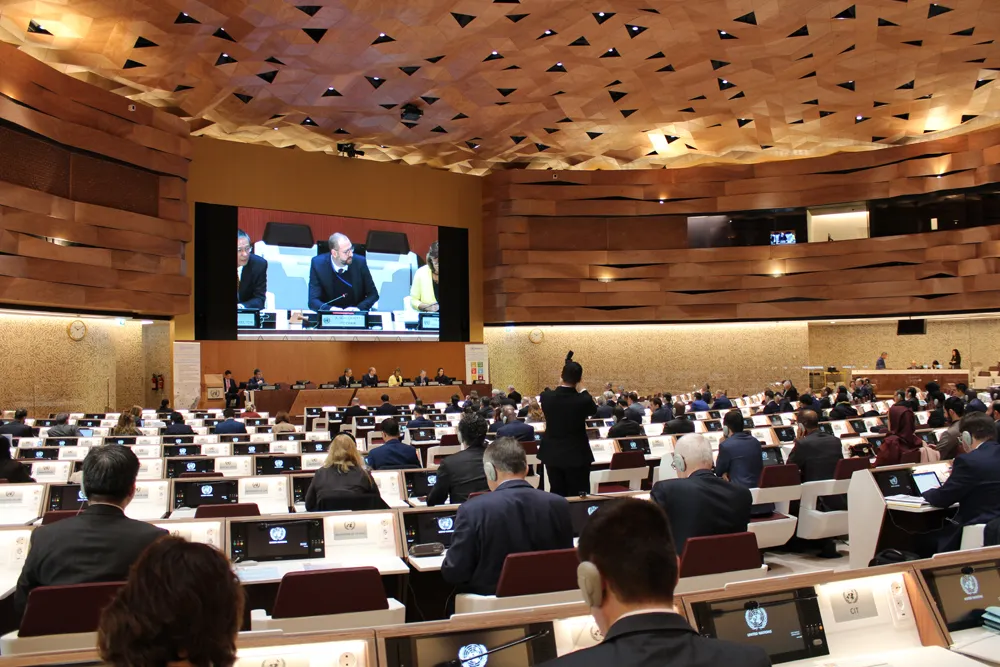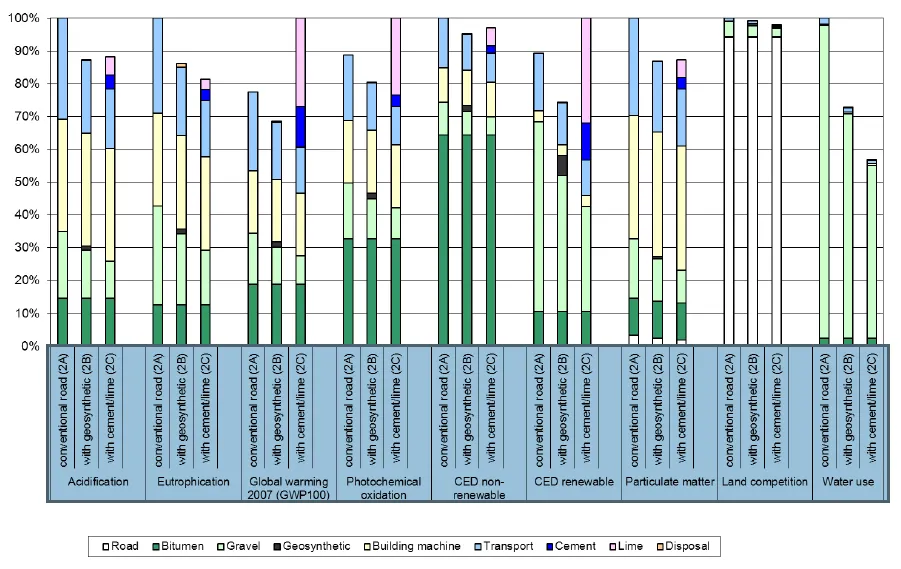The UK’s Minerals Products Association – Cement has published its first full sustainable development report.
Marking a significant change from traditionally reporting on principally its environmental performance, the new sustainable development report sees the industry setting out its broader sustainable development aspirations, not only in the manufacturing process, but also in how cement can help contribute to a more sustainable environment, economy and society.
December 9, 2013
Read time: 2 mins
The UK’s Minerals Products Association – Cement has published its first full sustainable development report.
Marking a significant change from traditionally reporting on principally its environmental performance, the new sustainable development report sees the industry setting out its broader sustainable development aspirations, not only in the manufacturing process, but also in how cement can help contribute to a more sustainable environment, economy and society.
Commenting on the report, Dr Pal Chana, executive director, said: “This report highlights the crucial role cement plays in our everyday lives. From building new homes and much needed infrastructure, to laying the foundations for the emerging green economy; a thriving, competitive, domestic cement industry is vital.”
Cement manufacturing is an energy intensive business with a physical environmental footprint. MPA member companies are acutely aware of this and strive on a daily basis to improve performance and minimise the impact on the environment, says MPA.
“Whether it is robust health and safety policies and procedures that ensure that our work colleagues suffer no harm in carrying out their jobs, nurturing biodiversity in our disused quarries or driving down its industrial emissions to levels that out-perform those set for us by the UK2759 Environment Agency, MPA Cement members are engaged in a programme of continual improvement,” says the organisation.
“Nowhere is this better illustrated than the publication of the UK Cement Industry 2050 Greenhouse Gas Reduction Strategy, setting an ambitious target of cutting carbon emissions by 81% by 2050, the first national cement sector in the world to launch such a strategy.”
Dr Chana added: “Our sustainable development challenges are many and varied, but our strength lies in recognising what these are, setting them out clearly for external stakeholders to see, implementing the measures necessary to meet these challenges and reporting on progress. This first full sustainable development report for the UK cement industry is an important step along a journey that is leading us to a more sustainable future.”
Marking a significant change from traditionally reporting on principally its environmental performance, the new sustainable development report sees the industry setting out its broader sustainable development aspirations, not only in the manufacturing process, but also in how cement can help contribute to a more sustainable environment, economy and society.
Commenting on the report, Dr Pal Chana, executive director, said: “This report highlights the crucial role cement plays in our everyday lives. From building new homes and much needed infrastructure, to laying the foundations for the emerging green economy; a thriving, competitive, domestic cement industry is vital.”
Cement manufacturing is an energy intensive business with a physical environmental footprint. MPA member companies are acutely aware of this and strive on a daily basis to improve performance and minimise the impact on the environment, says MPA.
“Whether it is robust health and safety policies and procedures that ensure that our work colleagues suffer no harm in carrying out their jobs, nurturing biodiversity in our disused quarries or driving down its industrial emissions to levels that out-perform those set for us by the UK
“Nowhere is this better illustrated than the publication of the UK Cement Industry 2050 Greenhouse Gas Reduction Strategy, setting an ambitious target of cutting carbon emissions by 81% by 2050, the first national cement sector in the world to launch such a strategy.”
Dr Chana added: “Our sustainable development challenges are many and varied, but our strength lies in recognising what these are, setting them out clearly for external stakeholders to see, implementing the measures necessary to meet these challenges and reporting on progress. This first full sustainable development report for the UK cement industry is an important step along a journey that is leading us to a more sustainable future.”








